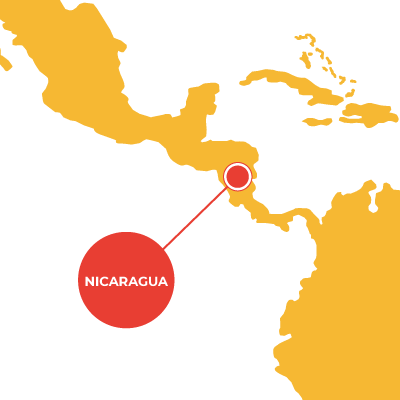Work plan on smuggling of migrants
The Work Plan on the Smuggling of Migrants of the Network of Liaison Officers on Combating the Smuggling of Migrants and Trafficking in Persons of the Regional Conference on Migration, aims at guiding and promoting regional cooperation to prevent and combat the smuggling of migrants, while protecting the rights of smuggled migrants, in particular those who are victims of related crimes.
This document is available in Spanish.


